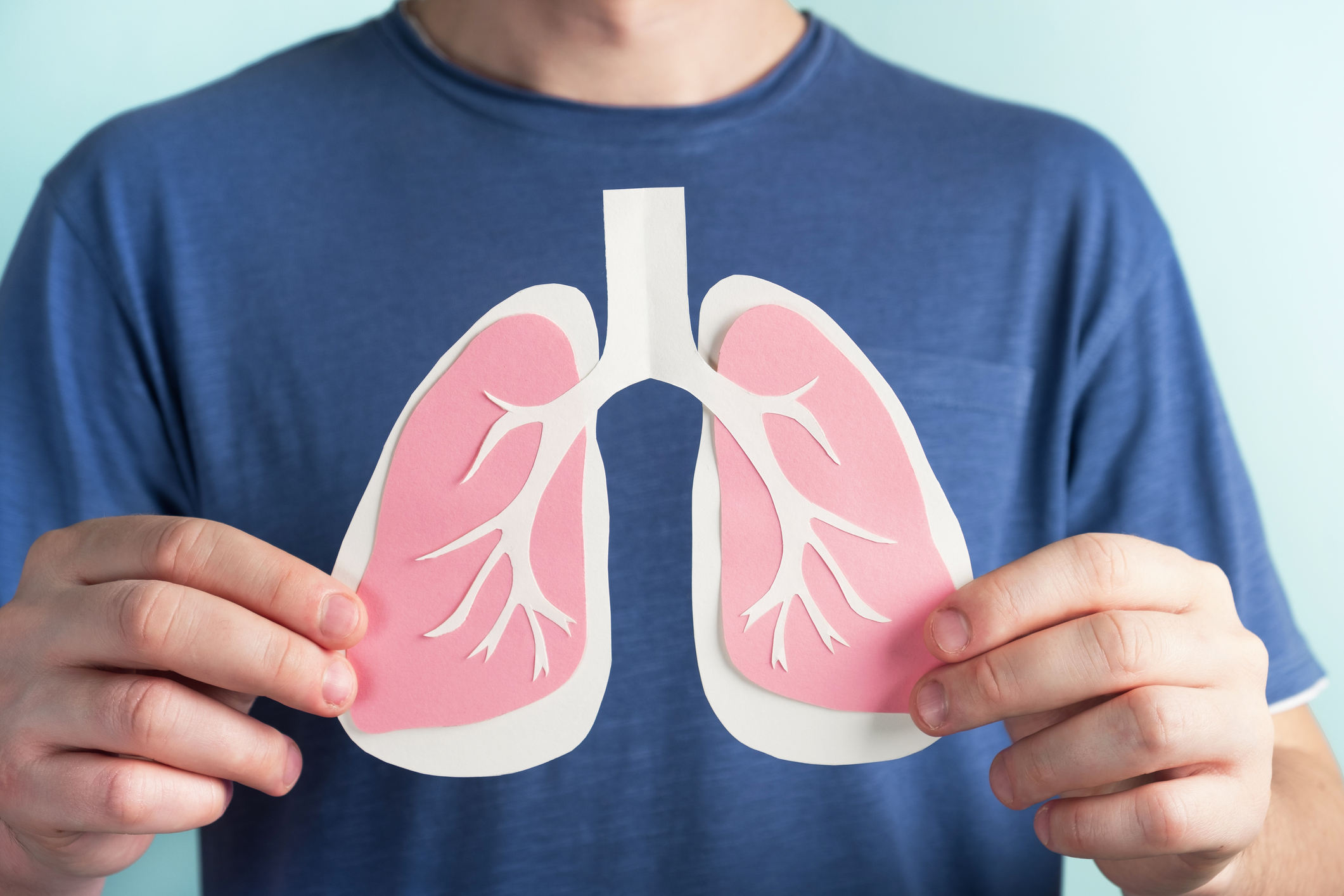Get Easy Health Digest™ in your inbox and don’t miss a thing when you subscribe today. Plus, get the free bonus report, Mother Nature’s Tips, Tricks and Remedies for Cholesterol, Blood Pressure & Blood Sugar as my way of saying welcome to the community!
The nutrient your lungs need during flu season

It’s a well-known fact that omega-3 fatty acids are beneficial to heart and brain health.
Getting enough omega-3s in your diet contributes to a larger brain and a stronger memory as you get older.
And as far as your heart goes, not only do omega-3s support it, but they can guard against complications and increase your chances of being a heart attack survivor should you have one.
Those are some really good reasons to make sure you get enough of those essential fatty acids in your diet.
But new research shows that omega-3s are also crucial for the healthy functioning of another organ — or a pair, I should say — that face challenges during flu season…
Omega-3s equate to better lung function
“We know a lot about the role of diet in cancer and cardiovascular diseases, but the role of diet in chronic lung disease is somewhat understudied,” says Dr. Patricia Cassano, director of the Division of Nutritional Sciences at Cornell University and corresponding author of a new study funded by the National Institutes of Health.
Past studies have suggested that omega-3 fatty acids may help prevent lung disease, mainly due to their anti-inflammatory action. But larger, more in-depth studies of this have been lacking.
To learn more, researchers developed a two-part study investigating the link between omega-3 fatty acid levels in the blood and lung function over time.
Part one was a long-term study where 15,063 healthy Americans were observed for as little as seven and as long as twenty years.
In part two, the researchers analyzed genetic data from a large European study of over 500,000 patients drawn from the UK Biobank.
They looked at genetic markers in the blood that reflected dietary omega-3 fatty acid levels, and how these markers correlated with lung health.
In both cases, they found that higher levels of omega-3 fatty acids in the blood correlated with better lung function and a reduced rate of decline in lung function.
In particular, the fatty acid docosahexaenoic acid (DHA) was most strongly associated with benefits to the lungs.
Benefitting from omega-3 support
If you have COPD, the results of this study may or may not apply to you. The researchers point out that their study included only healthy adults.
Currently, research is ongoing to help determine if the same beneficial connection between omega-3s and lung function is found in people with COPD, including heavy smokers. So, right now, the jury is still out on that.
For all of us, though, these researchers point out that most Americans fall short of the two servings of fish per week recommended by the U.S. Department of Agriculture’s Dietary Guidelines for Americans. And only good could come from getting sufficient amounts of omega-3s.
Covid-19 was a hard lesson in how fragile our lungs can be, but even barring that, bronchitis and pneumonia can be hard to take. And not a lot of research has focused on nutrition or nutrients to support lung health. I don’t know about you, but before next flu season, I’ll be upping my intake of omega-3s in a big way.
Fatty fish, like salmon, tuna, and sardines are great sources of omega-3s, but you can also get omega-3s from flaxseed (the richest plant-based source of omega-3s), walnuts and other nuts, pumpkin and sunflower seeds, and supplements, including fish oil or krill oil.
Editor’s note: Did you know that when you take your body from acid to alkaline you can boost your energy, lose weight, soothe digestion, avoid illness and achieve wellness? Click here to discover The Alkaline Secret to Ultimate Vitality and revive your life today!
Sources:
Omega-3 fatty acids appear promising for maintaining lung health — Science Daily
Investigating Associations of Omega-3 Fatty Acids, Lung Function Decline, and Airway Obstruction — American Journal of Respiratory and Critical Care Medicine














